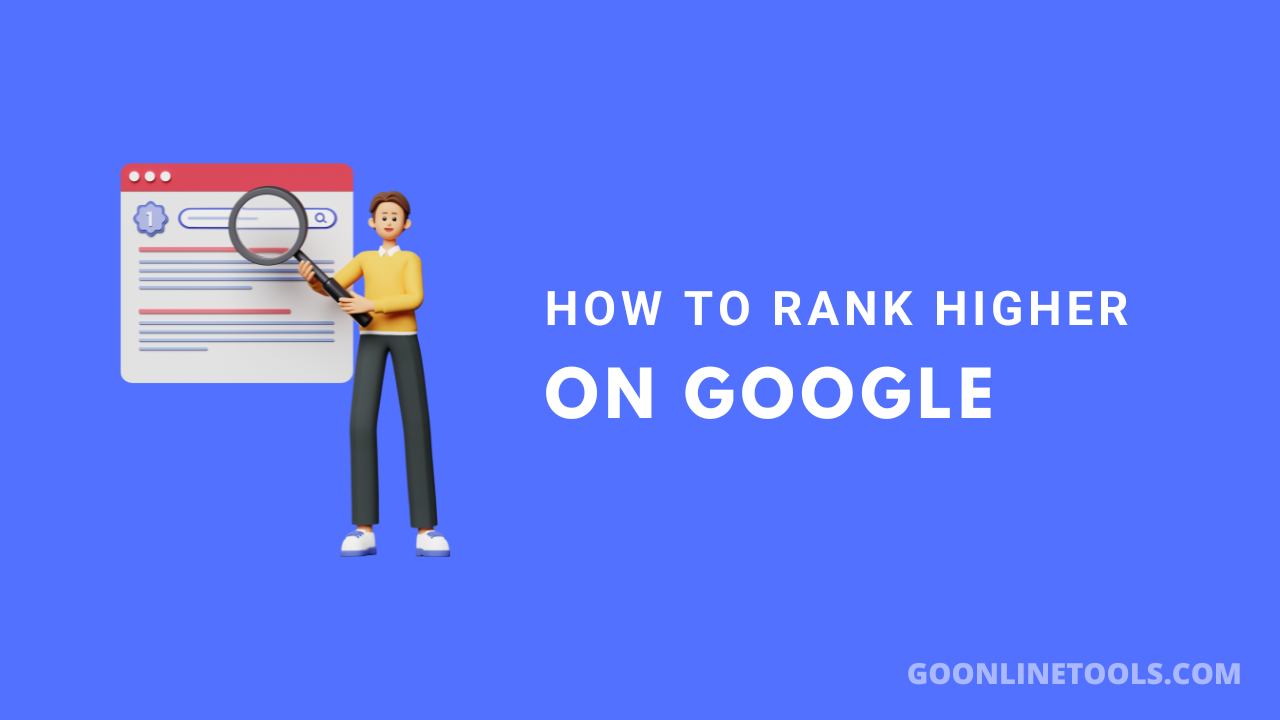
Once you’ve finished developing your website, the next big step is to publish it on the internet. Going live is always a special moment for any web developer, but it can also be daunting and filled with setbacks. The final product should run without glitches, and it should therefore be tested thoroughly before launch.
The web development process generally includes prototyping, development, testing, and deployment or launch. In this article, we’ll walk you through the after-code process of going live, from testing and debugging to ensuring that your website SEO works.
Testing and Debugging
This is the most crucial part of the preliminaries before going live. You need to test the code thoroughly and ensure that it is bug-free and works as expected. This includes testing all of the features, functionality, and user flows. You should also test your app or website on different devices and browsers to make sure it’s compatible.
Security Testing
The security of your website is your responsibility. Your data and that of your website visitors should be secured. The first step is to gain an SSL certification which means that your website is HTTPS-compliant. That’s the green padlock symbol right next to the browser URL. By the way, Google may soon stop ranking unsecured websites, so you must get on the right side of Google here.
Other measures to beef up your web security include:
- Employing virus-detection.
- Using RPA to automate security checks, including automated rollout and patching.
- Ensuring that the system reacts to invalid login credentials.
- Integrate Multi-Factor Authentication to add an extra security layer.
As you build up your web security, build it for the long term in an evolving fashion – security risks always mutate and it’s important to stay ahead of the curve.
Optimize Your Website For Search Engines
If you want people to find your website, that means making sure it’s optimized for search engines. This means using the right keywords and phrases in your content and metadata. You should also make sure your app or website is mobile-friendly.
Here are a few tips for optimizing your app or website for search engines:
Research your target keywords. Use a keyword research tool to identify the keywords and phrases that your target audience is searching for. For example, if your website is a “do my dissertation for me” type of service, you can use these exact keywords throughout your content and metadata. This includes your title tags, meta descriptions, and header tags. Be careful not to keyword spam or use very short-tail keywords that might deny your website visibility.
Depending on the objectives of your website you can also optimize for Google-rich snippets, which is especially important for discoverability online, location-based websites and businesses.
93% of people access the internet through smart devices such as mobile phones and tablets. You have little choice but to make sure your website is mobile-friendly. Ensure that your website looks good and functions well on mobile devices.
Set up Analytics
Once your app or website is live, tracking traffic and user engagement becomes essential. This will help you to understand what’s working well and what needs improvement. There are many different analytics tools available, so choose one that suits your needs.
You can also set up tracking codes on your website to monitor traffic and user engagement. Once you’ve done this, set up reports to track your progress and identify areas for improvement.
Test All links
Links redirect users to your website or other destinations from your website. Internal links connect different web pages or resources within your website to each other. External links redirect from your website to outside websites. Outgoing links are backlinks from other sites that redirect users to your website. Test all these processes to ensure that they are working flawlessly.
Test Your Website Cookies
You’ve likely come across that famous “We use cookies to improve your experience on our website”. But what are cookies? Cookies are just small text snippets sent to your browser by a website that you visit. The overall objective is to reduce the time taken to customize your experience. By helping the website remember your information, cookies can provide a more seamless browsing experience.
Remember to test for stats after user sessions (let’s say during testing), and monitor the performance of your website with or without cookies disabled. Also, check whether the application security is affected in case cookies are deleted.
Marketing and Promotion
This depends on the objectives of your website. If this is a vital resource in your marketing efforts, then it needs to be properly promoted. An example here is an interactive e-commerce website that needs proper visibility to attract customers. Here are a few tips for marketing and promoting your app or website:
- Create a marketing plan. This will help you to identify your target audience and develop a strategy for reaching them.
- Use social media. Social media is a great way to connect with your target audience and promote your app or website.
- Create content. Create high-quality content that is relevant to your target audience. For example, let’s assume you run essaywriter.org, a professional writing website. You can promote your services using content like blog posts, articles, infographics, or videos.
- Use paid advertising. Paid advertising such as PPC ads can be a great way to drive traffic to your app or website.
You can promote your website in different ways, for example, through social media, PPC ads, or even through a comprehensive content marketing strategy.
Wrapping Up
So now you know what the important steps are before pressing that launch button and publishing your website. As this article has emphasized, a website launch will only be deemed successful if the user experience exceeds expectations. That means that the website should be properly secured, tested and debugged, and optimized for search engines and user experience.
As your web development journey grows, you’ll discover other insights to build more powerful websites for single-use or multiple-use applications. While this development journey has a substantial learning curve, the result will certainly be worth it.
Editorial Team
The Editorial Team at GoOnlineTools.com specializes in delivering cutting-edge information on technology.
View all postsComments 0
No comments yet. Start the conversation!





